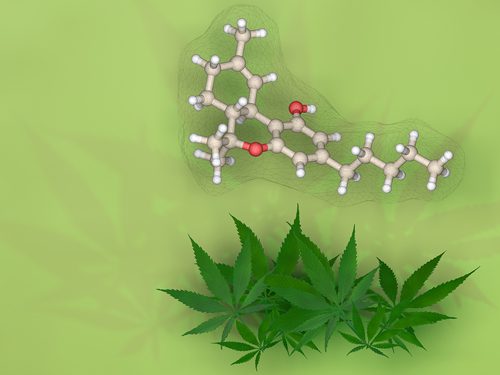 Marijuana use is almost as common as alcohol use and, according to surveys done by the Substance Abuse and Mental Health Services Administration (SAMHSA), marijuana is the most commonly used illicit drug in the United States.
Marijuana use is almost as common as alcohol use and, according to surveys done by the Substance Abuse and Mental Health Services Administration (SAMHSA), marijuana is the most commonly used illicit drug in the United States.
Also typically called weed or bud, marijuana most often refers to the flowering part of the cannabis plant that contains the most concentrated amounts of tetrahydrocannabinol (THC). THC is the chemical in cannabis that provides its mind-altering properties. Marijuana extracts are also gaining popularity among users in a practice known as dabbing, where the extract is used in a vaporizer. While smoking marijuana remains the most common way to use the substance, it can also be ingested in foods called edibles or brewed in teas.
No matter how a person gets the THC in their bodies, the effects on the brain remain the same.
So what are marijuana’s effects on the brain? They can be broken up into two categories: short-term and long-term. THC acts on the brain cell receptors, called cannabinoid receptors, that are present in the human body. Marijuana overstimulates the parts of the brain that have the largest number of these specific receptors, such as the hippocampus and the cerebral cortex. This overactivation causes the user to experience a high that typically includes altered senses (sight, sound, and taste), mood changes, an altered sense of time, impaired reflexes and reaction times, impaired thinking, and reduced problem-solving skills.
What are marijuana’s long-term effects on the brain?
Long-term effects are most severe in younger users because marijuana affects brain development. A developing brain is busy making connections and building pathways that will dictate how a person thinks, memorizes, and learns. Marijuana use interrupts these processes and can cause long-term or permanent damage to these abilities. Long-term marijuana use has also been linked to mental illness, such as temporary hallucinations or paranoia, with worsened symptoms in people with schizophrenia.
While marijuana’s effect on the brain is not always negative for all people, many users will find both the short-term effects and the long-term effects to be harmful to their lives. Individuals who suffer from a substance abuse disorder or tend to lean in that direction can find themselves abusing marijuana to the same degree that they abuse other substances. While studies provide mixed results as to whether or not marijuana should be fully legal, it is evident that certain groups of people should refrain from using it.
If you or someone you love is in need of alcohol or drug treatment, contact us anytime at (713) 769-0102. We are here to help.
Reference:
Marijuana. (2016, March). Retrieved February, 2017.


